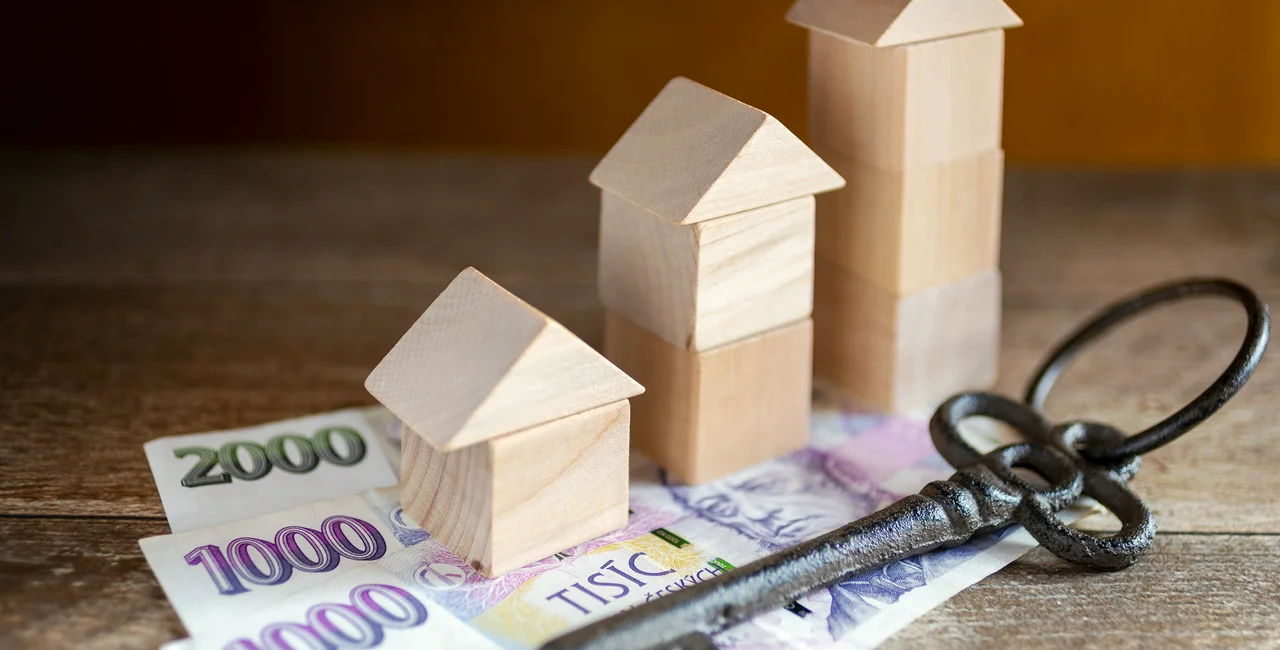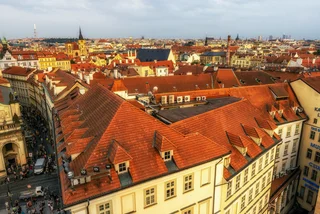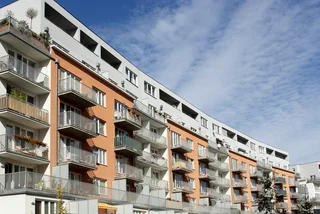The housing market in the Czech Republic has grown out of all proportion to increases in earning in recent years, putting home ownership well beyond the reach of many. The problem is particularly big in Prague, where the price of real estate is among the most expensive in Europe when compared with average local wages.
The latest data suggests the problem is only getting worse. House and flat prices rose in the third quarter of this year throughout the Czech Republic, including in Prague, where the average price of a family home rose to CZK 106,401 per square meter, with a six percent yearly increase in demand.
The price of a flat in Prague is even more extreme, at CZK 112,756 per square meter. It may seem, then, that there is no hope for those wishing to buy a property in the capital but prevented from doing so by such high prices. But experts argue the housing market in the Czech capital may have finally hit a ceiling, with future growth limited by affordability.
“An average apartment sells in Prague for almost CZK 113,000 per square meter, but the market has clearly hit its ceiling and demand has now weakened in favor of other regions, including Central Bohemia and others,” said Bezrealitky.cz and Maxima Reality, the creators of the report.
Prices have also risen to new heights in the Czech Republic’s second city Brno, where flats sold in Q3 for more than CZK 80,000 per square meter, roughly equivalent to the price of a Prague flat at the start of 2019. The popularity of flats in Brno is offset by falling prices for family homes, though.
A move out of city centers towards commuter towns and villages is also clearly indicated in the results. Flats in the Central Bohemian region averaged over CZK 70,000 per square meter for the first time, with a huge yearly price growth of 21.2 percent. For many, properties located outside the city limits offer the only way to work in Prague while owning their own home.
Of course, the exodus from Prague could have a knock-on effect on the affordability of surrounding cities, especially if a price ceiling really has been hit in the capital. If many reach the conclusion that living in Prague is simply too expensive, surrounding regions could face a flood of demand which existing affordable housing supply will find it hard to meet.
The affordability of Prague housing is also set to be negatively affected by increases in interest rates imposed by the Czech National Bank to combat rising inflation. Mortgages may become less attractive if buyers can no longer count on extremely low interest rates. And the problem of affordability may soon spread to rental properties in the capital too, as a return of tourism following the loosening of Covid travel restrictions could see a large number of flats taken off the long-term rental market.
If, as experts argue, the increase in house and flat prices in Prague is becoming unsustainable, it can be expected that the market will start to correct itself by slowly moving towards greater affordability in the future. But things are likely to get worse before they get better, leaving many to look elsewhere for affordable living opportunities in the Czech Republic.












 Reading time: 2 minutes
Reading time: 2 minutes 

























